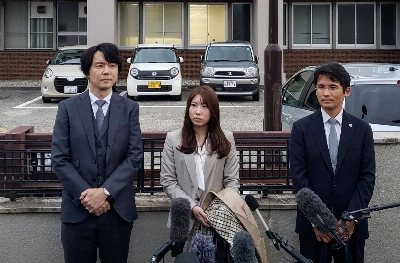The Tokyo Stock Price Index closed Monday below 950 for the first time since April 1985 as Prime Minister Junichiro Koizumi's policy speech to the Diet failed to ease investors' worries over a possible delay in structural reforms.
Topix, covering all first-section issues on the Tokyo Stock Exchange, dropped 12.75 points, or 1.33 percent, to close at 943.51, rewriting Friday's postbubble closing low. It was the lowest closing level since April 18, 1985, when the index finished at 942.34.
The 225-issue Nikkei Stock Average tumbled 159.50 points, or 1.63 percent, to close at 9,631.93.
Stocks gradually accelerated their downswing despite Koizumi reiterating his resolve to carry out his reform pledges to pull the economy out of recession as well as to take all possible measures to avoid a financial crisis.
"There was no really eye-catching content in his speech," said Toshihiko Matsuno, an investment adviser at Sakura Friend Securities Co. "The market will probably react better on comments on what Prime Minister Koizumi 'did,' rather than on things he 'wants to do.' "
Concerns over a possible delay in Koizumi's structural reform plans have been spurred after the approval rating of Koizumi's Cabinet in newspaper polls fell to around 50 percent in the wake of his dismissal last week of popular Foreign Minister Makiko Tanaka.
Bank issues declined as investors remained wary over the banks' massive bad-loan problems, and they were also hit by selling of cross-held shares, brokers said. The four main banking groups all closed lower.
Moreover, gloomy earnings results and forecasts released by technology firms, including Tokyo Electron, kept investors away from high-tech issues, brokers said.
"Optimistic figures were expected on the back of the recent weakness of the yen and expectations of an early recovery in the U.S. economy," said Hiroichi Nishi, an analyst at Nikko Cordial Securities Inc. "But the effects seemed to be limited."


















With your current subscription plan you can comment on stories. However, before writing your first comment, please create a display name in the Profile section of your subscriber account page.